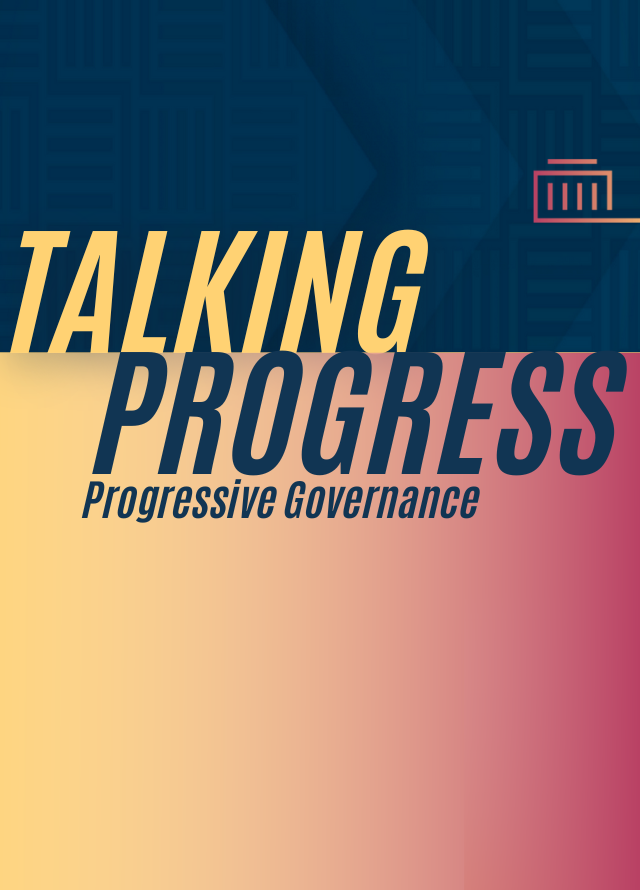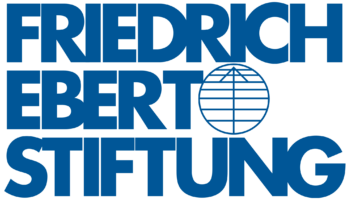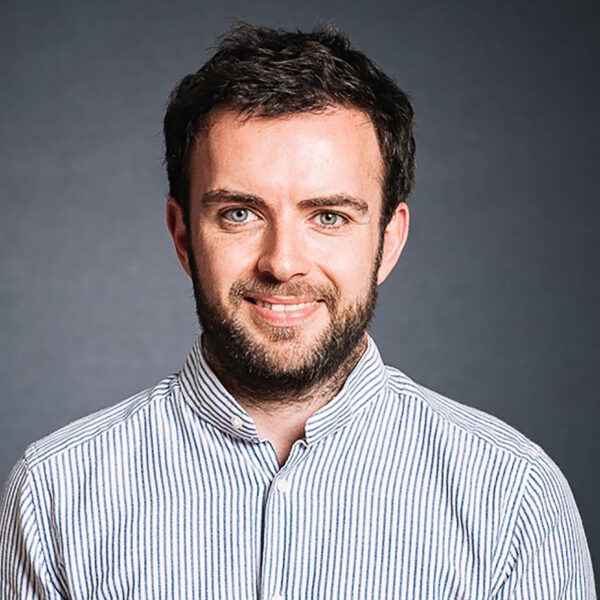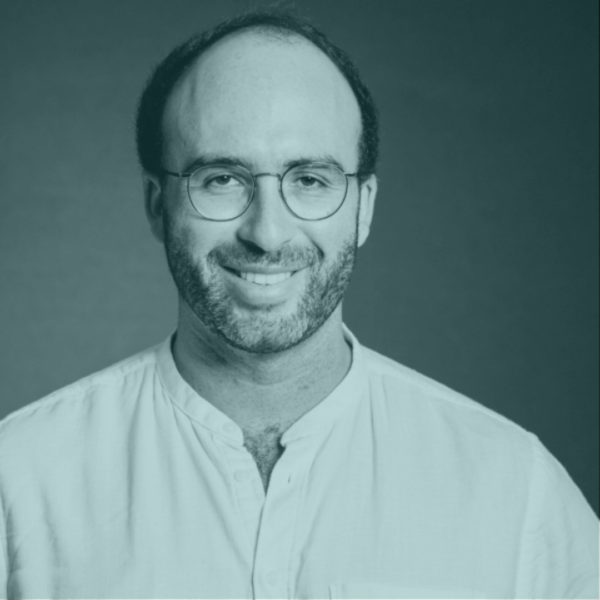Summary
How can Germany live up to its security policy responsibilities in the Zeitenwende? Tune in to hear German Chancellor Olaf Scholz’s pledge to continue helping Ukraine and journalist Anne Applebaum and Head of the German Federal Chancellery Wolfgang Schmidt discuss the fundamental ways in which we now have to rethink foreign, security and economic policy.
Russia’s attack on Ukraine has been nothing short of a turning point for Europe and the world. An authoritarian attack with the goal of dismantling democracy in Europe, progressive administrations are now tasked with supporting democratic allies at the global level while delivering on climate and justice domestically.
„Ukraine represents that aspiration for democracy and for open society that some Russians would like and that Putin feels the need to crush.“
Anne Applebaum, Staff Writer at The Atlantic
Now led by a progressive coalition of Social Democrats, Greens, and Liberals, Germany is redefining its global role in light of the attacks on democracy in Ukraine, Europe and beyond. The Scholz administration is now taking generation-defining decisions on energy partners, defense spending, trade, and its role as the de facto leader of Europe. What is clear: How Germany supports democratic allies in need and how it allies with value-aligned democracies globally will ultimately play a determining role if democratic projects around the world rise or demise.
This episode is a conversation between Pulitzer Prize-winning journalist Anne Applebaum and Head of the German Federal Chancellery and Federal Minister for Special Tasks Wolfgang Schmidt, moderated by the Editor-in-Chief of the Guardian Katharine Viner on Germany’s role in preserving democracy in Europe and beyond. With an address by Chancellor Olaf Scholz.
The discussion is the fifth part of our Progressive Governance podcast series. We recorded this conversation as part of the Progressive Governance Summit, which took place on October 13th 2022.
Post-production and additional recordings done by Emma Gasster and Das Progressive Zentrum. This session was designed in cooperation with the Foundation for European Progressive Studies and the Friedrich-Ebert-Stiftung.
Autor:innen
Mir reicht's Bürger
Onwards and Upwards
Die Übergangenen – Strukturschwach & Erfahrungsstark
Fortschritt mit Geschwindigkeit 2022+
Empowering Cities: Building Urban and Transatlantic Infrastructure
Empowering Cities: A Blueprint for Urban Progress
Empowering Cities: Forging a Transatlantic Dialogue
Empowering Cities: Financing the Climate Transformation
Empowering Cities: Building Urban and Transatlantic Infrastructure
Empowering Cities: A Blueprint for Urban Progress
Onwards and Upwards
Empowering Cities: Forging a Transatlantic Dialogue

Inhalt

Wir entwickeln und debattieren Ideen für den gesellschaftlichen Fortschritt – und bringen diejenigen zusammen, die sie in die Tat umsetzen. Unser Ziel als Think Tank: das Gelingen einer gerechten Transformation. ▸ Mehr erfahren






